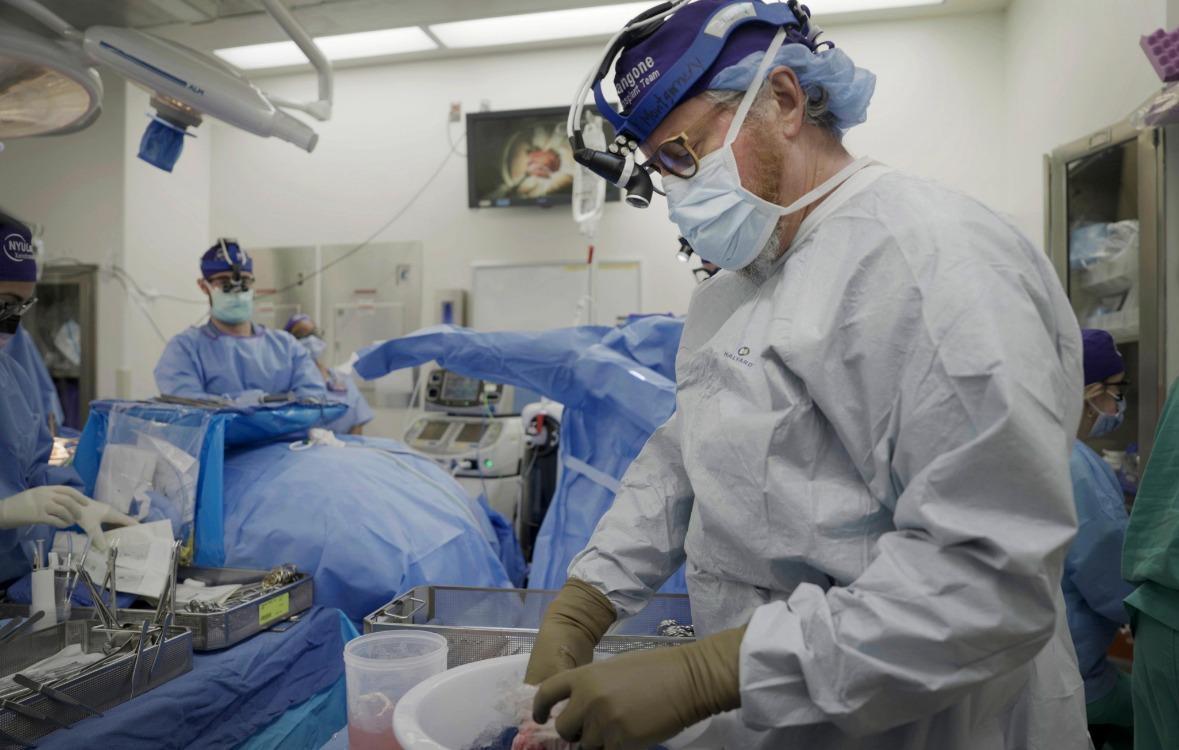US surgeons say pig kidney functional in human for more than a month
WASHINGTON

U.S. surgeons who transplanted a genetically-modified pig kidney into a brain dead patient said on Aug. 16 it was still working well after a record 32 days, a significant step in the quest to close the organ donation gap.
The latest experimental procedure is part of a growing field of research aimed at advancing cross-species transplants, using bodies that have been donated for science.
There are more than 103,000 people waiting for organs in the United States, 88,000 of whom need kidneys.
"We have a genetically-edited pig kidney surviving for over a month in a human," Robert Montgomery, director of the NYU Langone Transplant Institute, told reporters. "I think there's a very compelling story that exists at this point that I think should give further assurances about starting some initial studies... in living humans."
Montgomery carried out the first genetically modified pig kidney transplant to a human in September 2021, followed by a similar procedure in November 2021. There have since been a handful of other cases, with all the experiments running for two or three days.
While previous transplants have involved up to 10 genetic modifications, the latest saw just one: in the gene involved in the so-called "hyperacute rejection," which would otherwise occur within minutes of an animal organ being connected to a human circulatory system.
By "knocking out" the gene responsible for a biomolecule called alpha-gal - a prime target for roving human antibodies - the NYU Langone team were able to stop immediate rejection.
"We've now gathered more evidence to show that, at least in kidneys, just eliminating the gene that triggers a hyperacute rejection may be enough along with clinically approved immunosuppressive drugs to successfully manage the transplant in a human for optimal performance - potentially in the long-term," said Montgomery.
They also embedded the pig's thymus gland, which lies around the neck and is responsible for educating the immune system,in the kidney's outer layer.
Adam Griesemer, of the NYU Grossman School of Medicine, added that this allowed immune cells in the host's body to learn to recognize the pig's cells as its own, preventing a more delayed rejection.
















